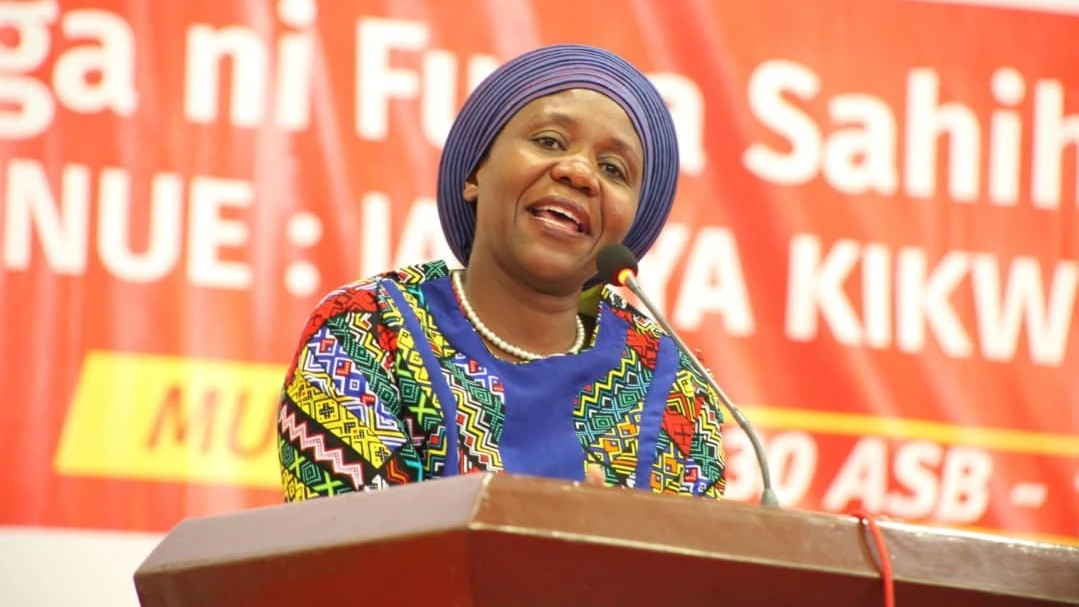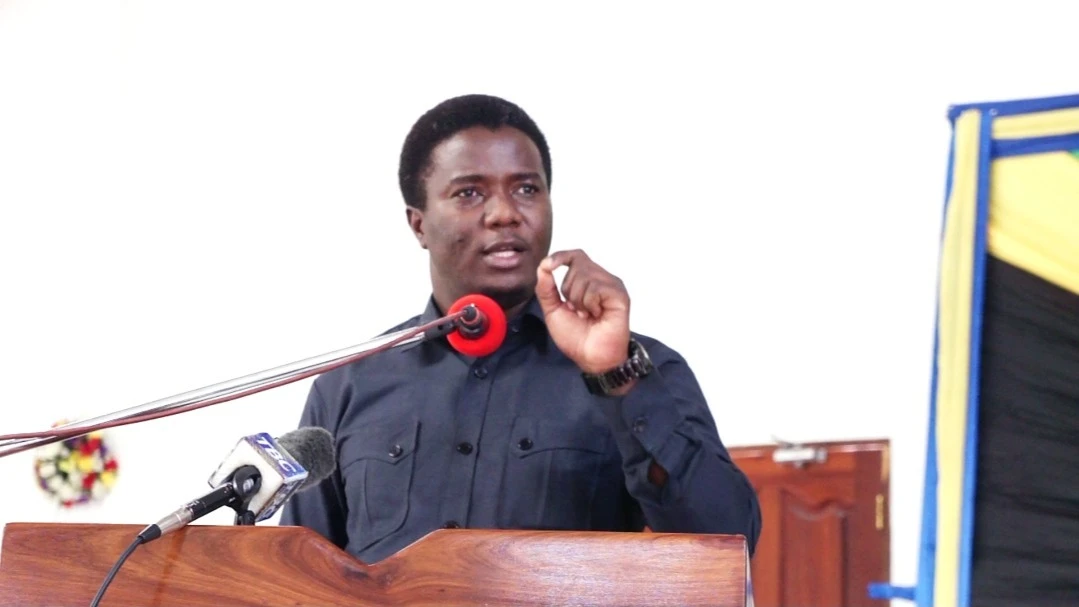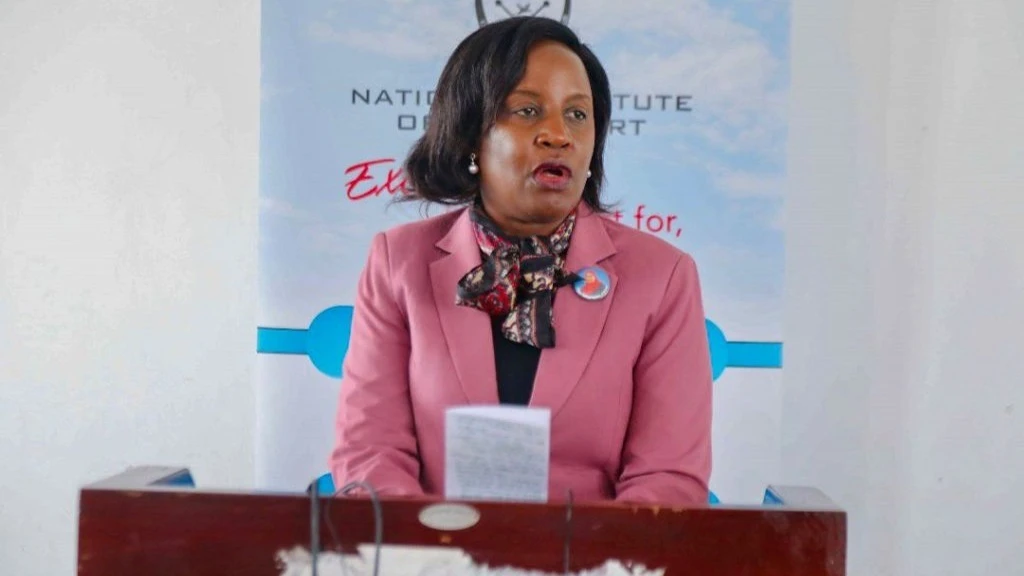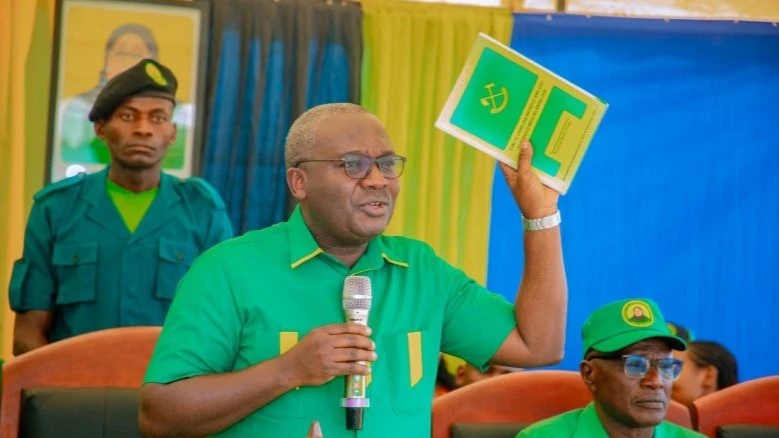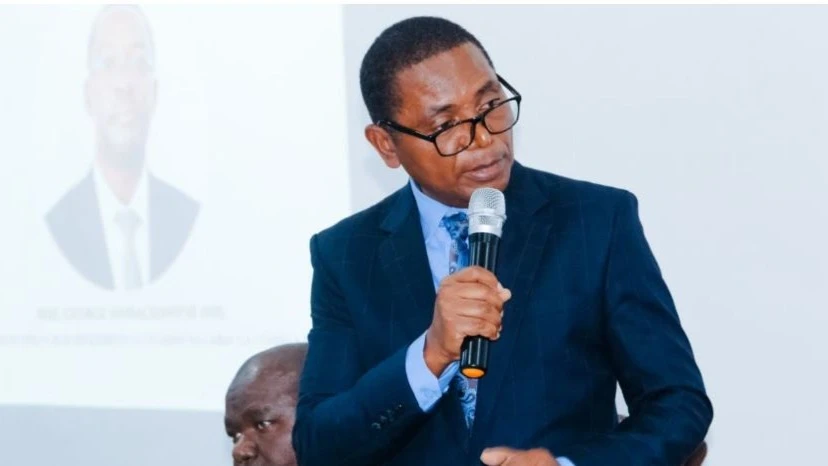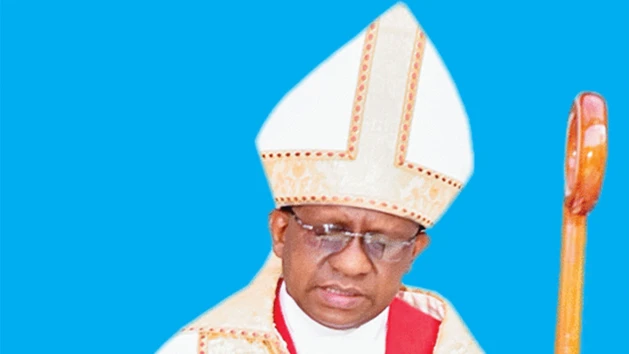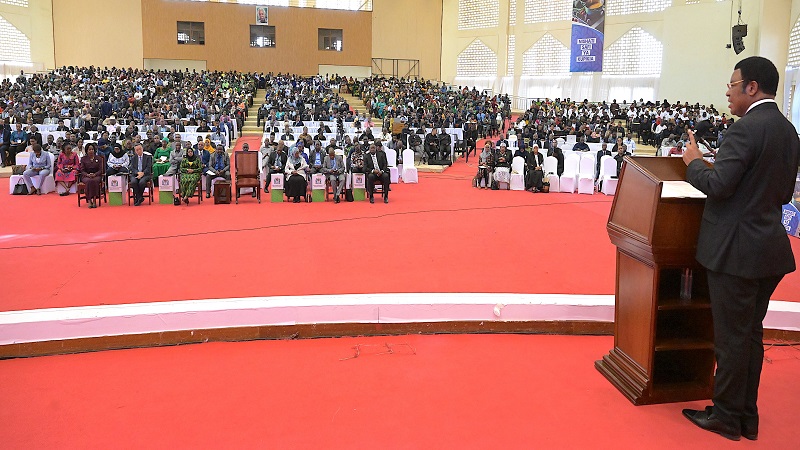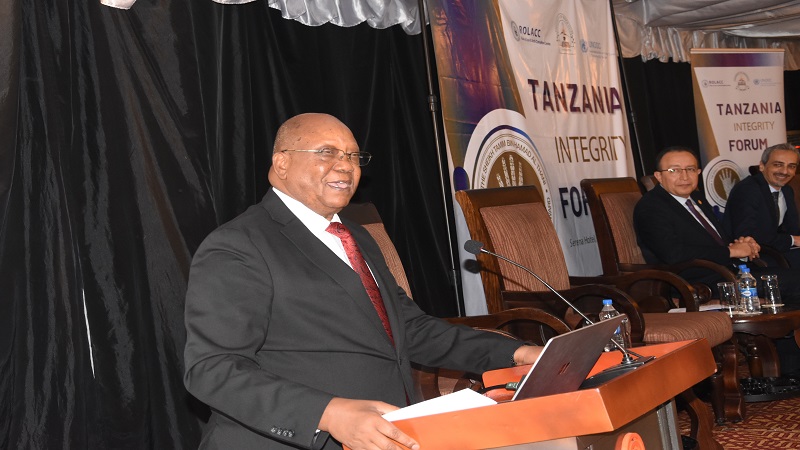Dar port to receive Uganda’s oil shipments
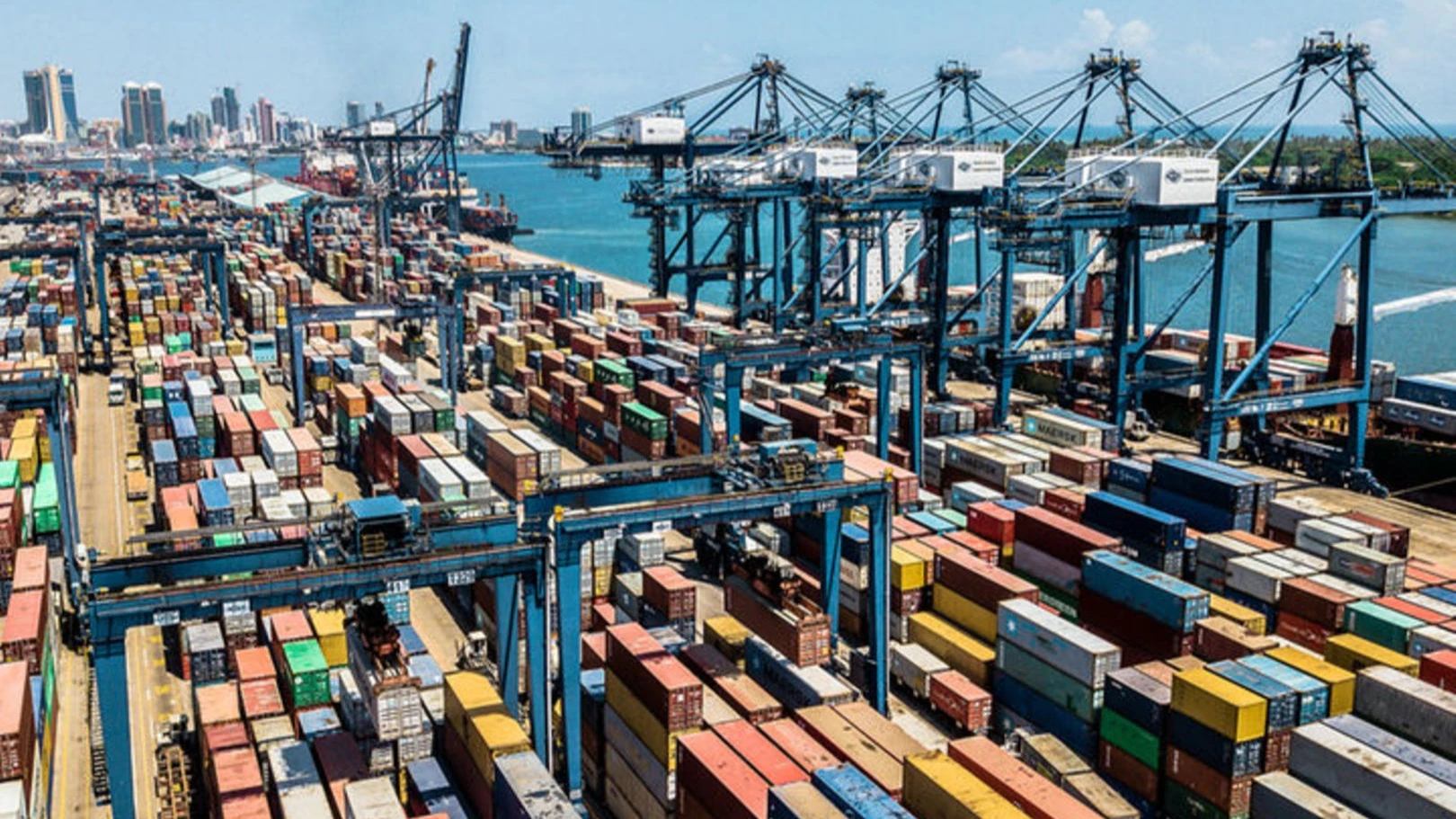
THE Uganda National Oil Co. (UNOC) has begun shipping oil products through the port of Dar es Salaam.
Proscovia Nabbanja, the UNOC chief executive officer, said in a statement yesterday that up to now UNOC utilised Mombasa port and relied on the Kenya Pipeline Co. (KPC) for oil transportation.
Uganda plans to transport upwards of 36m litres of oil each month—equivalent to 1,028 truckloads—through the port of Dar es Salaam, the statement indicated, affirming that UNOC anticipates that this volume will increase over time.
The first shipment of 18m litres (520 truckloads) has begun loading in Dar es Salaam and is expected to arrive in Kampala in the coming days, she said, asserting that the new agreements reflect joint efforts of the two countries to improve infrastructure and transportation routes for oil and other essential goods.
An accord between Dar port authorities and UNOC was agreed towards the end of May during the second bilateral business forum held in Dar es Salaam, where the two countries opted to enhance oil transportation through Dar es Salaam, replacing Mombasa.
Officials said that the decision was prompted by technical and cost issues tied to using Mombasa port, thus Dar port was a handy alternative.
Dr Doto Biteko, the deputy premier and Energy minister, stated at that moment that the accord is intended to strengthen economic relations, citing the energy and industrial sectors notably.
The meeting was geared to enhance infrastructure development and foster cooperation in trade and industry, he stated, as the culmination of efforts starting early this year, when Uganda began negotiations with Tanzania to shift to Dar port for its oil imports. Traditionally depending on the port of Mombasa, Uganda was increasingly dissatisfied with Ugandan fuel companies obtaining 90 percent of their supplies through Kenya-registered affiliates, a variation of non-tariff trade barriers.
President Yoweri Museveni had expressed concern about supply disruptions and high fuel prices when transportation involves too many hands setting service terms from a monopoly position.
In November last year, the Kampala authorities decided to transfer exclusive rights for petroleum supply to a unit of global energy trader Vitol, to supervise all of its $1.6bn worth of petroleum products in 2022, mostly from the Gulf region.
Officials said that despite Uganda initially expecting to use the port outlet for its oil imports Ugandan Energy minister Ruth Nankabirwa acknowledged that the Nairobi authorities had refused to grant the necessary license.
“We are negotiating with the Tanzanian government, and I will meet with Her Excellency the President on this matter,” the minister had started early in the year.
“We want to find a route that ensures the security of our petroleum supplies,” she added.
Top Headlines
© 2024 IPPMEDIA.COM. ALL RIGHTS RESERVED









